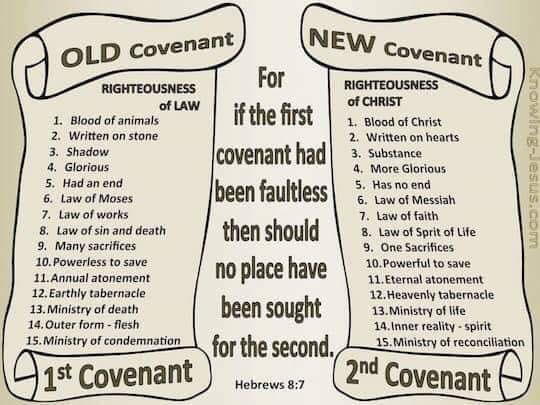rational experiences
Veteran Member
Science is human invented.
There was no old covenant of God just as there was not any new covenant either.
Earth is a natural planet of stone sitting in a natural body, cold deep empty space.
Earth is a natural planet that evolved its own atmospheric released gases into that space body.
Sun a natural body exploded, released stone, attacked stone with consuming metal radiation...that also cooled in out of space.
Earth sitting in a natural position survived by where it once sat in space....for radiation metal cooled in out of space and remained held as metal and radiation in out of space.
Earth converted attacked by hot metal radiation cooled in spatially owned conditions.
Natural history not owned by scientists. Fact of evidence you only control pushing buttons on machines.
There was no old covenant of God just as there was not any new covenant either.
Earth is a natural planet of stone sitting in a natural body, cold deep empty space.
Earth is a natural planet that evolved its own atmospheric released gases into that space body.
Sun a natural body exploded, released stone, attacked stone with consuming metal radiation...that also cooled in out of space.
Earth sitting in a natural position survived by where it once sat in space....for radiation metal cooled in out of space and remained held as metal and radiation in out of space.
Earth converted attacked by hot metal radiation cooled in spatially owned conditions.
Natural history not owned by scientists. Fact of evidence you only control pushing buttons on machines.

